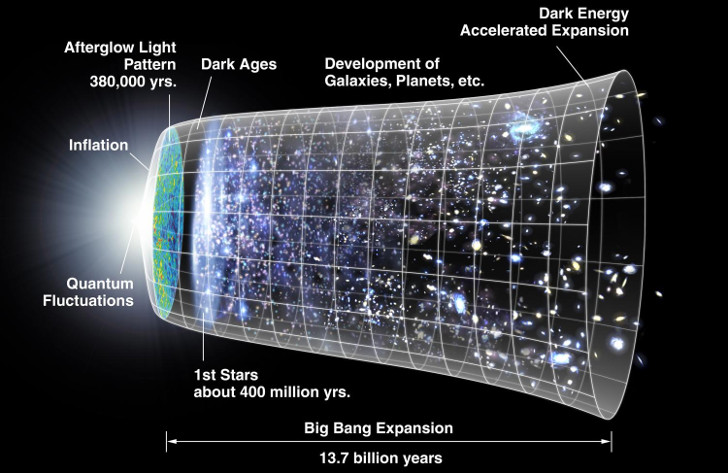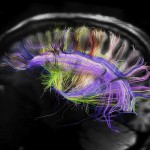New Crazy Theory: The Universe has ‘No End and No Beginning’
As crazy as it sounds, we’ve all kind of accepted the part of the Big Bang Theory that says the universe started as a single point around 13.8 billion years ago. The thing is – a lot of theoretical physicists aren’t enthralled with that idea, as a lot of widely-accepted general relativity equations start to break down as you approach the “singularity”.
But a new study suggests that the Big Bang wasn’t the start of the universe. It postulates that, in fact, it has no beginning and no end. Two researchers, Ahmed Farag Ali at Benha University and the Zewail City of Science and Technology in Egypt and Saurya Das at the University of Lethbridge in Alberta, Canada, believe they have solved the puzzle of…. Their theory may also explain the cause of dark matter and dark energy.
Einstein’s theory predicts the universe came from an infinitely dense single point that then exploded outwards – the Big Bang. However, this state – singularity – creates a number of problems for scientists, including the fact it does not account for what happened before or at the moment of the Big Bang.

An artist’s conception of the metric expansion of space after the Big Bang. Photo: NASA
The new theory combined the work of David Bohm, who in the 1950s looked to use quantum theory to describe the shortest paths between two points on a curved surface, and Amal Kumar Raychaudhuri, who worked on the formation of singularities.
Using a quantum-corrected Raychaudhuri equation, they were able to create new equations to describe the expansion and evolution of the universe within general relativity. They showed that quantum particles can never meet or cross paths.
“As far as we can see, since different points in the universe never actually converged in the past, it did not have a beginning,” Professor Saurya Das said.



